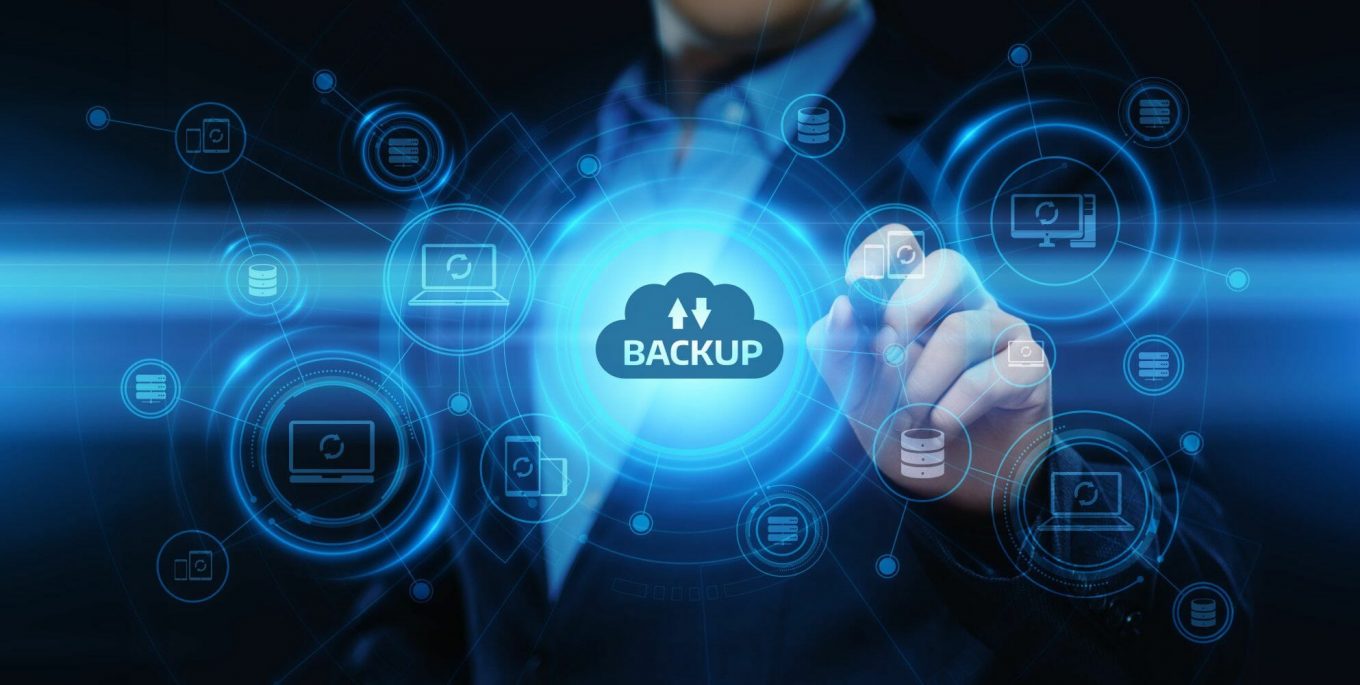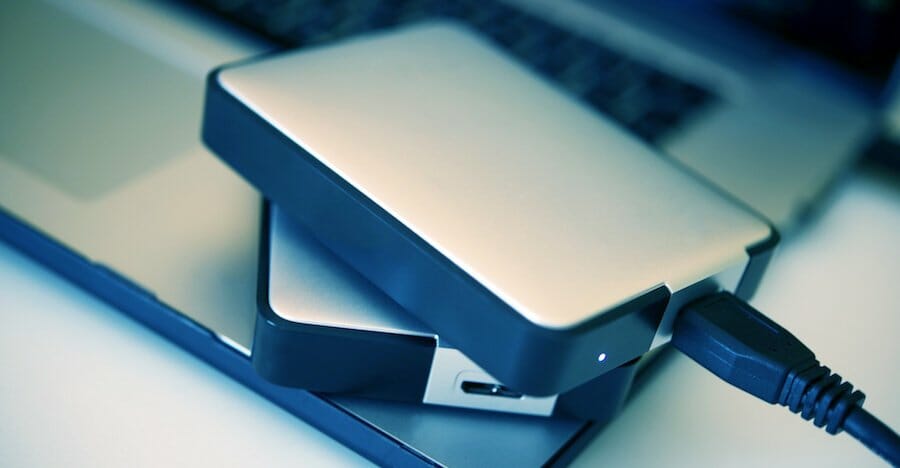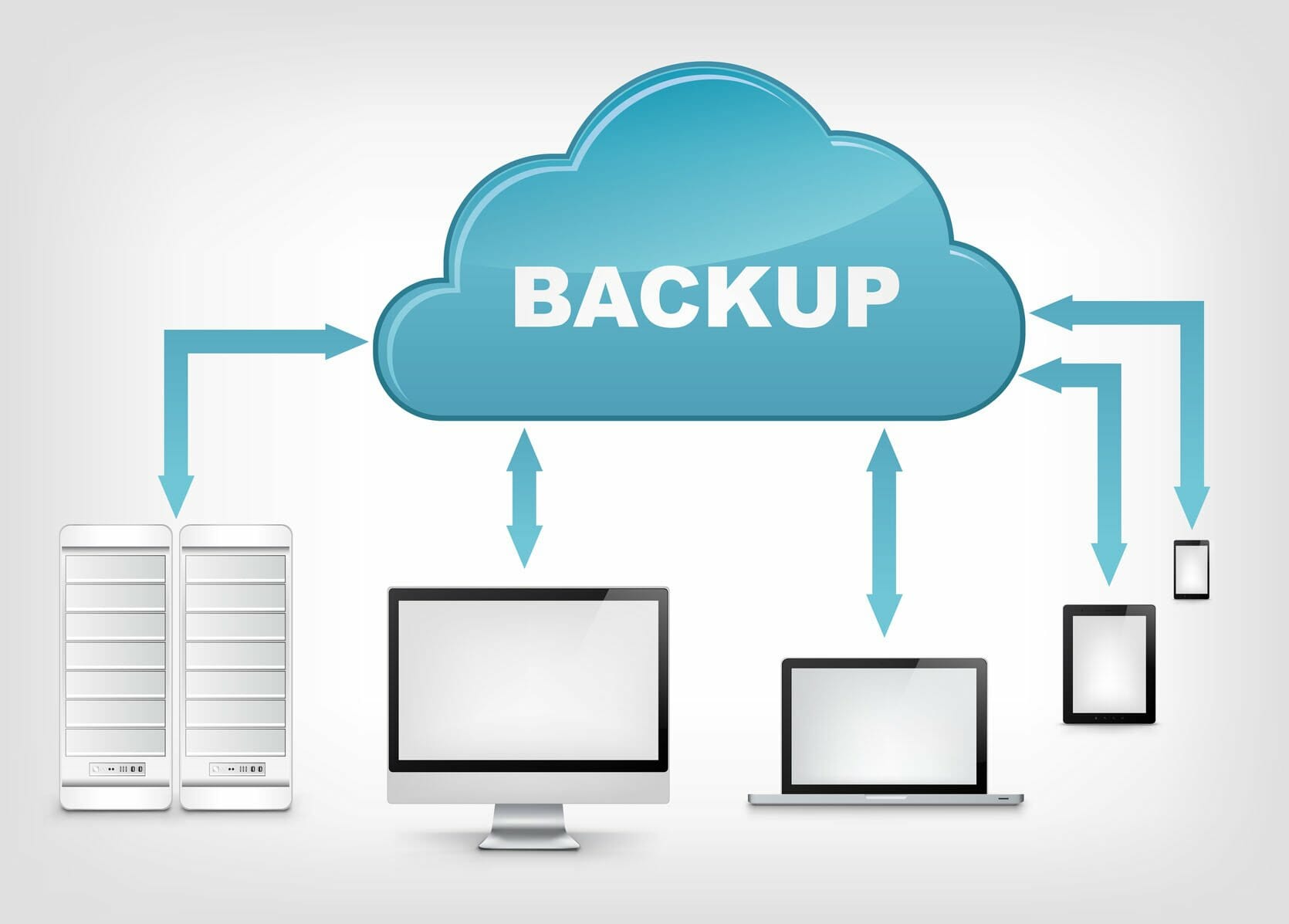
Data backup is essential in a company. It is the only way you can be assured of continuity even when disaster strikes. Therefore, having a data backup strategy that is effective is called for. Data backup serves as an insurance policy, should anything go wrong you can still be able to resume to normalcy.
When backing up your data, you should put the following into consideration.
1. Testing your backup
The only way to know if your MySQL backup has worked is by testing it. You need to check your backup from time to time to ensure that your backup is intact. It could be very disappointing if you attempted a data recovery only to find that all the files you backed up have been corrupted. Do not wait until when things go wrong. It is always advisable to check from time to time and see if they are working correctly. With that, you will be able to identify any issues with the backup before it is too late.
2. Select the right medium
What is meant by this is that you should select a medium depending on your storage needs. For instance, if you have large amounts of data to store, using hard disks would be better that DVDs. Why? They can manage large data and are more reliable. You could use DVDs if you are looking for a convenient and inexpensive medium. Remember that you need first to identify what your needs are before you settle for a storage medium.
3. Schedule your back-ups for off-peak hours
Why is it advisable to do your backup during the said hours? Well, you first need to know that by off-peak hours, it means that you should conduct your backup process when people are less busy at the office. For instance, during lunch breaks or after people have left for home. Why this is emphasized is that when there is so much congestion in your network, especially if you are doing cloud backup, it could slow down the normal operations.
Also, if you are using hard drives for back up, the process is more likely to be interrupted if people are also using the same machines for work.

4. Security
The security of your backup is vital. Safety starts by only having an assigned group to handle the backup process. With that, if anything should happen to the data, they will be held accountable, and it will be easier for you to find answers. Also, the more the people allowed to access your data, the higher the risk of manipulation and theft.
It is also essential that you do not leave the storage devices unsecured. You should consider having them locked for you to control access. If it is a matter of passwords, you need to change them from time to time to time. For data being stored online, it is essential that you also encrypt it to prevent hackers from accessing it.
5. Audit your data
Do you have to audit your data? Yes, it is. Note that as your business grows the amount of data you handle also will increase. Eventually, you will no longer be using one server but several. It can be challenging to keep track of all the data you have. It is for this specific reason that you need to perform an audit. This is to help you ensure that no important files or information has been left out during your backup.
Also, it is essential to know where the different backups you have are. This will ease recovery at the time that you will be required to conduct it.
6. Transfer speed
You should also consider the speed of the data transfer. This includes both for backup and recovery. The faster, the better. You do not want a backup process that will take days. Sometimes you will be having multiple files to backup and also other work to do. The process should not eat into all the time you have.

7. Consider splitting your backup locations
This is the part where you apply the 3-2-1 technique. What this means is that you should have three copies of your data. Two of the copies should be stored in different mediums to be stored on site while the remaining one gets to be stored offsite. The catch is that this strategy will eliminate the single point of failure. If anything happens to one onsite backup, you will have two copies of the data left.
8. Prioritize your backup
There is data that you deem to be more critical than others. With that in mind, you need to ensure that the vital data is backed up first then do a backup for the rest. This is to provide that you have enough room for the critical information before you make room for the rest of the data.
9. Create standard file names
This will also help you with the backup audits. It would be much easier for you to retrieve data if it was organized. Avoid putting all files in a general folder. Note that if disaster strikes, you want to resume normal operations within the shortest time possible. If your data is disorganized, you will have a hard time doing that. It will take you time to find the correct data hence increasing the downtime.
The factors above will go a long way in ensuring that your backup process is efficient and effective. Put them into consideration as you do your backup.
This is an article provided by our partners network. It might not necessarily reflect the views or opinions of our editorial team and management.
Contributed content

Founder Dinis Guarda
IntelligentHQ Your New Business Network.
IntelligentHQ is a Business network and an expert source for finance, capital markets and intelligence for thousands of global business professionals, startups, and companies.
We exist at the point of intersection between technology, social media, finance and innovation.
IntelligentHQ leverages innovation and scale of social digital technology, analytics, news, and distribution to create an unparalleled, full digital medium and social business networks spectrum.
IntelligentHQ is working hard, to become a trusted, and indispensable source of business news and analytics, within financial services and its associated supply chains and ecosystems










